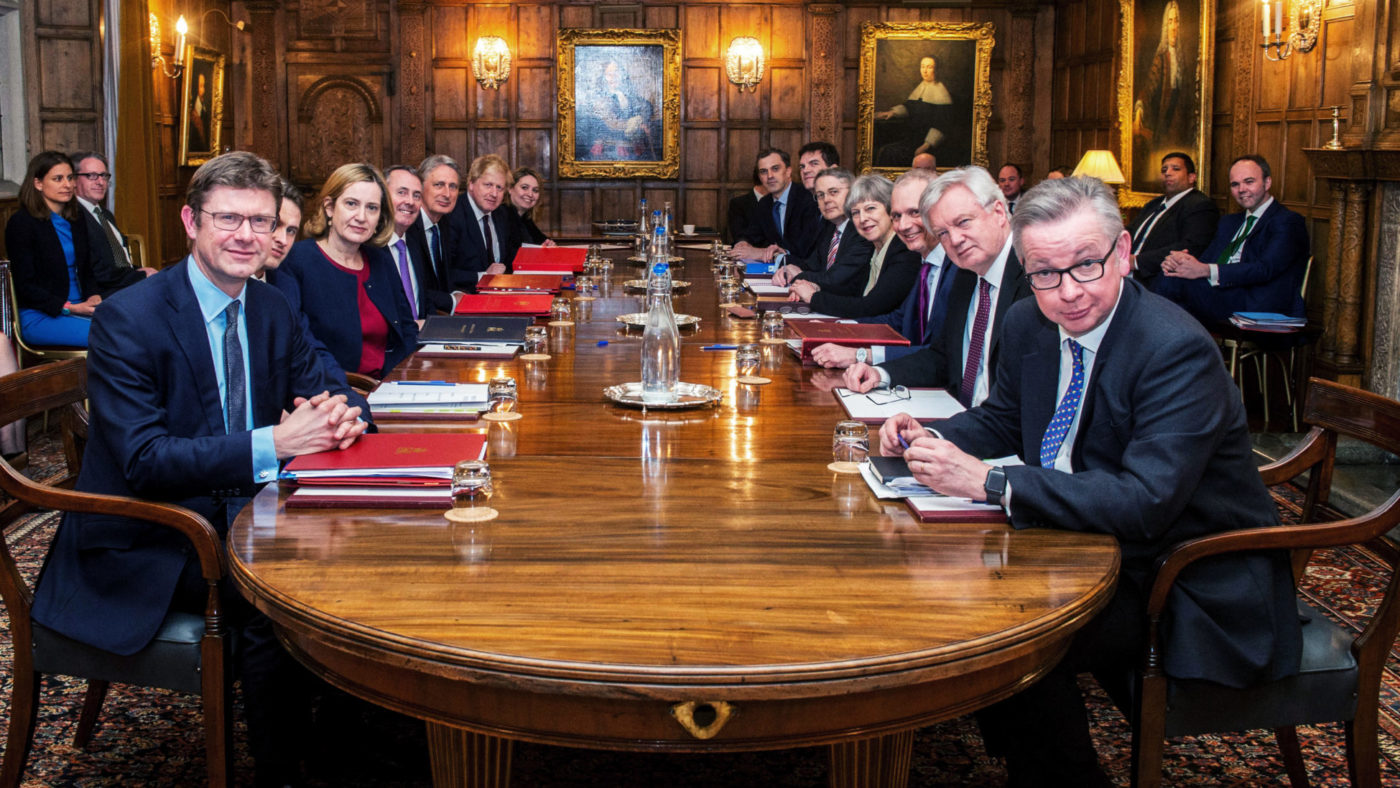In just a few days’ time, we will know whether Theresa May is going to keep her promises to leave the EU single market and the protectionist Customs Union. If the rumours around Westminster are to be believed, she planning to stay in both in all but name – effectively breaking her consistent promises made to her own MPs and to the country as a whole.
The plan seems to be to commit the UK to maintaining EU single market rules and regulations for goods. At the same time, a fudged version of the much-derided “customs partnership” is being put forward. Bizarrely, the UK would volunteer to collect customs duties on behalf of the EU, making an independent trade and customs policy almost impossible to pursue.
If the Cabinet accepts these proposals, it would represent a triumph for civil service mandarin and arch-Remainer, Olly Robbins. It would, however, be a sad day for UK consumers and entrepreneurs.
The Customs Union imposes heavy penalties on many goods coming in from non-EU countries. This allows EU manufacturers to operate a cosy cartel, protected from international competition. And the result is higher prices for British consumers.
Many of the high EU tariffs are on goods which the UK does not produce. For example, tariffs of up to 65 per cent on solar panels provide no benefit to our consumers at all – the sooner we regain the ability to cut such tariffs, the better for the British economy. Yet, for some reason, Theresa May seems set on giving up our hard-won freedoms before we have even left the EU.
Part of the problem is the heavy lobbying which has been going on by EU-backed big business groups such as the CBI. Multinationals are naturally keen to persuade the UK to stay in the single market and Customs Union – with the huge resources at their disposal, big corporate interests are able to influence EU rules to work in their favour. It is no surprise that they also like the protection from competition, which the Customs Union provides.
What is a surprise is that so many people continue to believe the doom-mongering from such groups. You might have hoped that lessons had been learned from the failed predictions of Project Fear during the referendum. In contrast to what we were promised, the economy has continued to grow and unemployment is at a record low.
And, if you look at the actual investment decisions of companies since the referendum, it is clear that there is strong confidence in the long-term prospects for the UK economy, irrespective of the deal we get with the EU. Just this week, for example, JCB announced their investment in a large new manufacturing facility, while Tesco are pursuing a significant partnership with French supermarket Carrefour.
Despite this, the Treasury continues to take every new threat made by big business as if it were written in the gospel, rather than the special pleading that it really is.
Thankfully, the constant scaremongering is countered by some of the most dynamic and successful entrepreneurs in the country. People such as Sir James Dyson and Tim Martin consistently make the case for the significant benefits available to British industry once we free ourselves from the grip of the single market and Customs Union. Why would the Cabinet want to close the door to such opportunities?
Of course, no-one wants to stop trading with the EU – continued free trade is in both our interests and the EU has already indicated that it would be prepared to move forward on this basis, perhaps with a similar deal to that already agreed with Canada, but extending to services too. This so-called “Canada-plus” approach would keep trade flowing freely with Europe while giving the Britain the freedom to develop other links with old friends and new allies – remember, the most dynamic and fast-growing economies are almost all outside the EU.
In contrast, the new proposals being put forward at this Friday’s Chequers summit seem likely to suit the Brussels negotiating team and will be welcomed by the dwindling band of ultra-Remainers who still want to try to stop Brexit happening at all. But they will be very bad news for the British economy and for hard-pressed consumers.
Paradoxically, if Theresa May is successful in convincing her Cabinet to accept the Olly Robbins proposals, it is likely to spell doom for her future political career: electorates have an uncanny way of punishing politicians who break promises. Let’s hope that the Brexiteers within her Cabinet are able to save her from herself.


